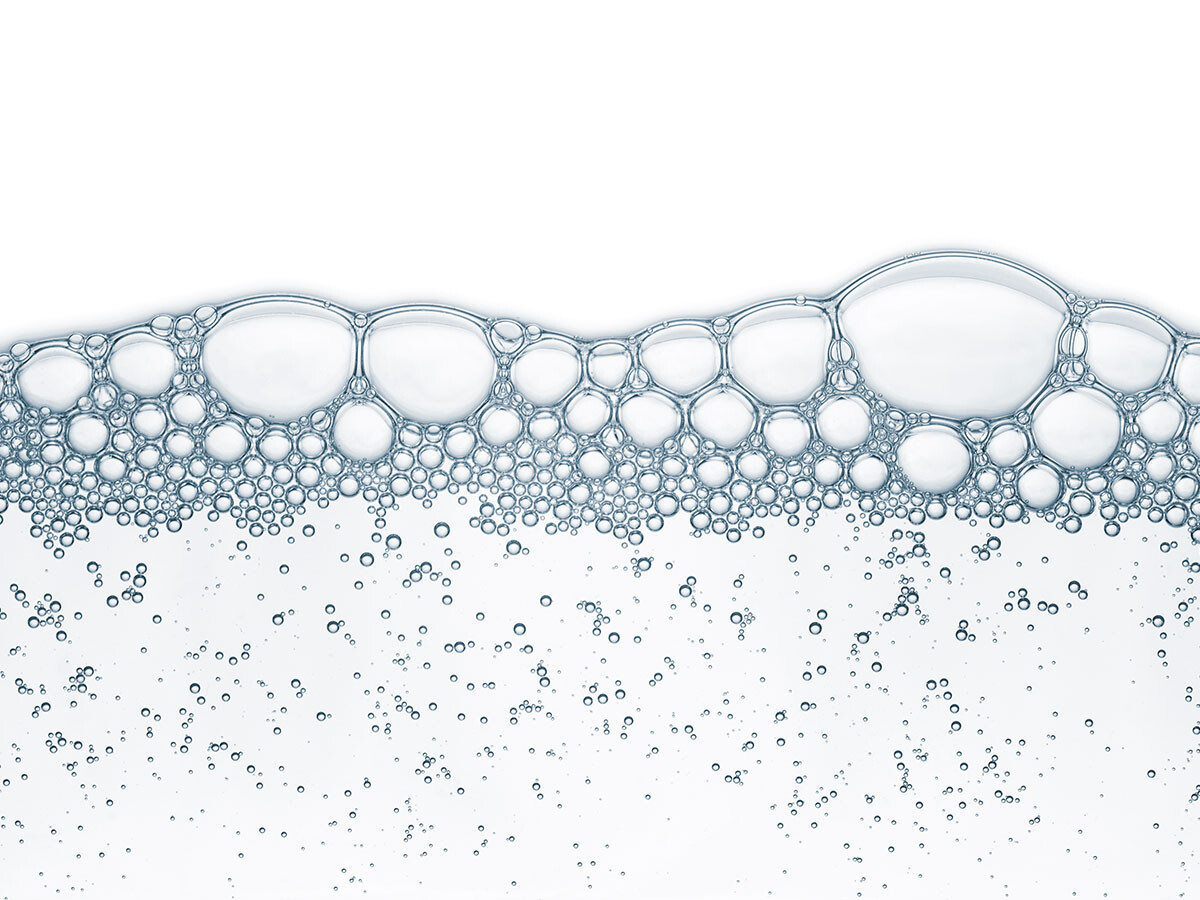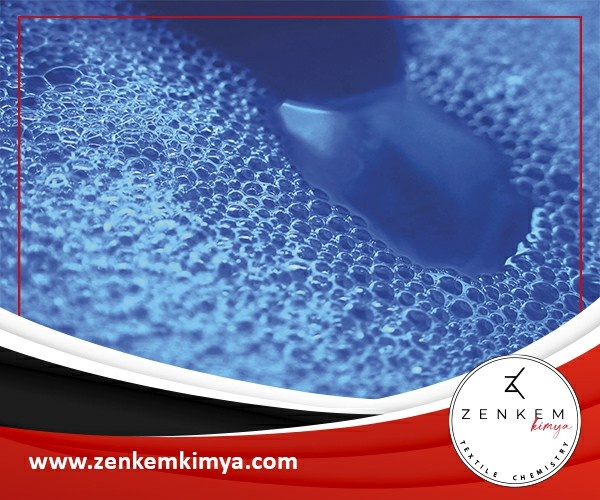Defoamers: Essential Tools for Enhancing Efficiency in Cleaning Products
Defoamers: Essential Tools for Enhancing Efficiency in Cleaning Products
Blog Article
The Function of Defoamers in Enhancing Product Quality and Efficiency
In numerous producing procedures, the presence of foam can considerably prevent product quality and functional efficiency. Defoamers function as vital ingredients that alleviate this issue, making certain smoother production workflows while improving the practical and visual attributes of the end products (defoamers). Their application covers a multitude of sectors, from food and beverage to drugs, where consistency and dependability are critical. However, the option of the suitable defoamer can be essential to accomplishing optimum results, increasing vital concerns regarding formulation compatibility and efficiency metrics that warrant further expedition.
Understanding Defoamers
Comprehending the role of defoamers is essential for maintaining product quality across various industries. Defoamers are chemical additives designed to avoid the formation and reduce of foam in fluid systems, which can detrimentally influence procedures such as mixing, filling up, and surface tension. Foaming can lead to inefficiencies, item issues, and endangered aesthetic appeal, making defoamers a vital element in producing operations.
In commercial applications, defoamers help to boost item consistency and stability. The effective usage of defoamers not only makes certain smoother production procedures but additionally contributes to premium item performance.
Additionally, the option and formula of a defoamer must align with particular application needs, such as compatibility with various other components, performance under differing temperature and pH problems, and possible governing restraints. Ultimately, recognizing defoamers' features and their relevance in numerous solutions is vital for optimizing manufacturing and guaranteeing the best quality final product.
Sorts Of Defoamers
Defoamers can be categorized right into numerous kinds based upon their make-up and device of activity. The key kinds include silicone-based, non-silicone natural, and inorganic defoamers.
Silicone-based defoamers are among one of the most efficient, mostly because of their capability to spread quickly on the fluid surface and disrupt foam development. Their one-of-a-kind chemical structure permits for remarkable security, making them appropriate for high-temperature applications and atmospheres with varying pH degrees.
Non-silicone organic defoamers, typically composed of fatty acids or natural oils, are valued for their biodegradability and reduced toxicity. These are typically made use of in food and beverage applications where safety and ecological impact are extremely important.
Not natural defoamers, that include materials like talc or calcium carbonate, act by boosting the density of the liquid, thereby lowering foam stability. They are usually used in commercial processes where compatibility with various other products is not a concern.
Each kind of defoamer has distinctive advantages and constraints, enabling customized services relying on the particular frothing issues encountered in different applications. Understanding these distinctions is important for maximizing performance and accomplishing wanted product high quality.
Applications Throughout Industries
Countless industries take advantage of defoamers to boost product high quality and functional performance. In the food and beverage industry, defoamers are critical in processes such as developing and dairy manufacturing to stop foam formation, which can bring about ineffectiveness and item disparity. By regulating foam, manufacturers can make certain much better yield and an extra consistent item.
In the pharmaceutical industry, defoamers play a vital role in the formula of fluid medications, where excessive foam can hinder mixing and accurate application. Their usage aids preserve the honesty of the formulations and facilitates smoother production procedures.
The paint and coatings sector additionally relies upon defoamers to boost the efficiency of products during application. By minimizing foam, these additives guarantee a smoother finish and enhance the visual top qualities of the last product.

Benefits of Using Defoamers
While the application of defoamers varies across sectors, their go to my site advantages consistently enhance product top quality and procedure performance. One substantial benefit is the reduction of foam formation this website during manufacturing procedures, which can or else lead to production delays and inconsistencies in item top quality. By minimizing foam, defoamers make it possible for a smoother circulation of materials, assisting in much more efficient procedures and minimizing the probability of devices malfunctions.
In addition, making use of defoamers can improve the look and structure of final items. In markets such as finishes, paints, and food handling, excessive foam can endanger the visual looks and overall top quality, while the suitable defoamer application ensures a consistent finish and preferable attributes. Moreover, defoamers can contribute to set you back financial savings by reducing waste during manufacturing and optimizing using resources (defoamers).

Selecting the Right Defoamer
Selecting the best defoamer is vital for maximizing manufacturing procedures and making certain item top quality. The option of defoamer affects not only the efficiency of foam control but also the overall performance features of the end product. Variables to take into consideration her explanation consist of the kind of application, the chemistry of the solution, and the ecological problems under which the item will certainly be made use of.
Various industries may require particular defoamer kinds, such as silicone-based, natural, or polymeric defoamers. Understanding the compatibility of the defoamer with the primary components is vital to stay clear of adverse reactions that might jeopardize item stability. Furthermore, the defoamer's performance in numerous temperatures and pH degrees have to be evaluated to guarantee regular efficiency.
Evaluating the defoamer in small applications can supply valuable insights right into its performance and viability. Consideration of governing compliance, specifically in food, pharmaceuticals, and cosmetics, is extremely important in selecting a defoamer. Inevitably, an extensive assessment of these aspects will result in the option of a defoamer that not only manages foam effectively however additionally enhances the top quality and performance of the last product.
Final Thought

In verdict, defoamers are necessary ingredients that dramatically boost item high quality and performance across various markets. The critical choice and application of defoamers lead to cost savings, maximized resource use, and raised consumer fulfillment.
Foaming can lead to inefficiencies, item flaws, and compromised aesthetic appeal, making defoamers a critical part in producing operations.

Report this page